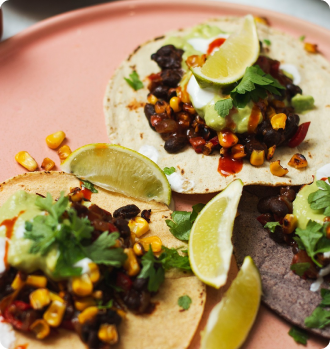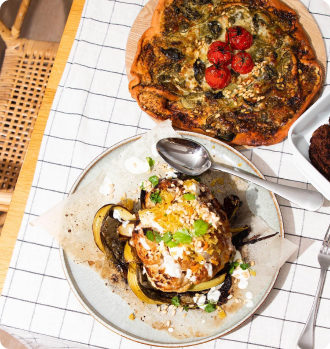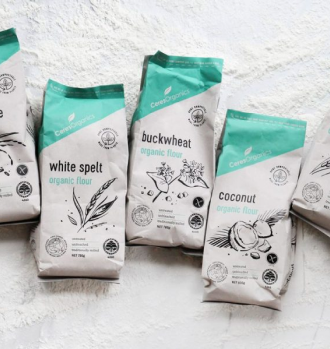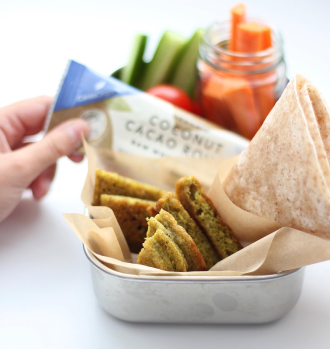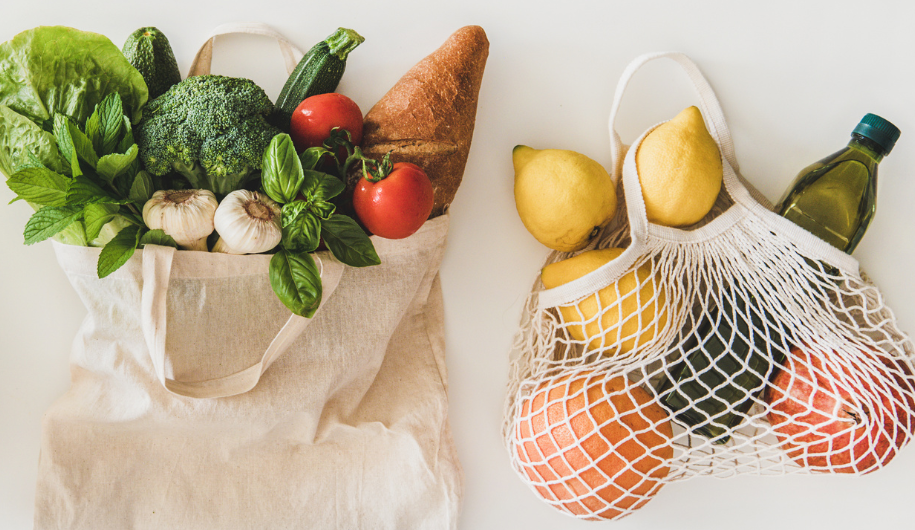
With the cost of living proving to be quite stressful for many kiwi households, food is one item that seems to take up a lot of the spending.
I know in my nutrition, I would rather go without certain things like a daily coffee at the local café, than give up my organic wholefood focus. However, for many, the concept of eating organic can seem like a luxury. It need not be!
Here are my top tips for helping you to still achieve your nourishment goals, without putting more strain on the bank balance.
eat seasonal fresh organic produce
A great way to do this is to either keep a look out for the Ceres Fresh range in selected supermarkets, or to become a regular at your local farmers markets. Whilst some growers won’t necessarily be certified organic, many are at least spray free. The beauty of shopping at the markets, is to more often than not, get to speak directly to the grower.
look for specials on canned goods, and buy in bulk
These are great pantry staples to have on hand, and you would be surprised at how easily a meal can be thrown together with a humble tin of Black Beans! Not only cost-effective, but also a long shelf life, I find this helps to reduce my last minute dashes to the supermarket for one item, which then leads to buying ten things, that I didn’t account for.
make time to meal prep
This way, when you have a large haul of organic veges (lucky you), you can bulk cook or prepare a dish, and batch freeze. Again, it is about having key things on hand so you don’t have those impulse buys on the emergency dash.
don’t be too strict on everything being organic
Stick to the key items, or better yet, the most important things to be organic. A reference for this is what is known as the “clean 15 and dirty dozen” list. It will show you the top 15 items of produce that are not so important to get organic, and the 12 that it really is key to do so. You might be surprised!
grow your own, or start a community garden
If you don’t have space, some communities have organic land where you can rent a small plot and grow there. Gardening and growing your own food is a wonderful project for kids to be involved is too, as it teaches them the cycle of different types of fruits and veges.
set your nutrition as a priority
This might sound somewhat militant, but I do believe, that what you prioritise in life, will naturally become a part of it. Great food and nourishment can result in a stronger immune system, a healthy weight, better mood, and the ripple effect of that will far outweigh the quick fix sensation of unnecessary spending, unused subscriptions to things like apps or tech-based items, the list goes on. Sometimes it takes having a gentle look at where your money is going and asking yourself what the return on that investment is…and that, is exactly what organic eating is to me. A true investment.

